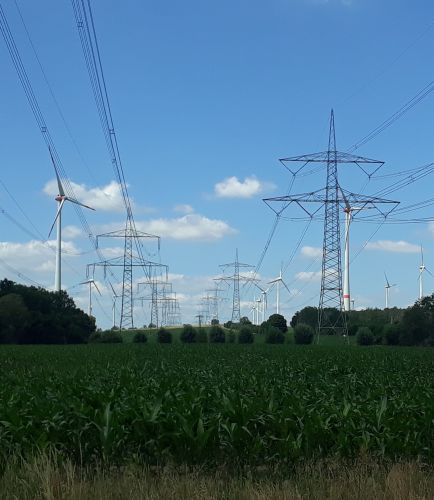
Decarbonising electricity is an urgent priority if the world is to minimize global heating under climate change, and achieve the goal of net zero carbon by mid-Century, as agreed at the Paris Climate Summit in 2015.
The research project “Decarbonising Electricity: a Comparison in Socio-ecological Relations” investigates how legitimacy for renewable energy can be won or lost, focusing on regions in Germany, India and Australia undergoing ‘energy transitions’. The project uses ethnography combined with social and political analysis to understand what can be done to enhance the transition to renewable energy.
The project seeks to derive common themes across high and low-income countries: India is chosen as a low-income emerging industrial country, Germany as a post-industrial high income country, and Australia as a high-income extractivist country.
All three are federal states with sub-national jurisdictions that play an important role in electricity policy. To gain a more grounded perspective, in each country we focus on a sub-national region that has become particularly reliant on renewable energy. These are Brandenburg in Germany, Karnataka in India, and South Australia.
In analysing renewable energy and legitimacy we use a model that encompasses broad socio-ecological relations of energy. That means we are uncovering the social, political, financial and environmental forces that drive how and why renewable energy projects are developed – what issues are given importance and what issues are sidelined, who benefits and who loses out.
The project website www.decarbenergy.net provides further information.
